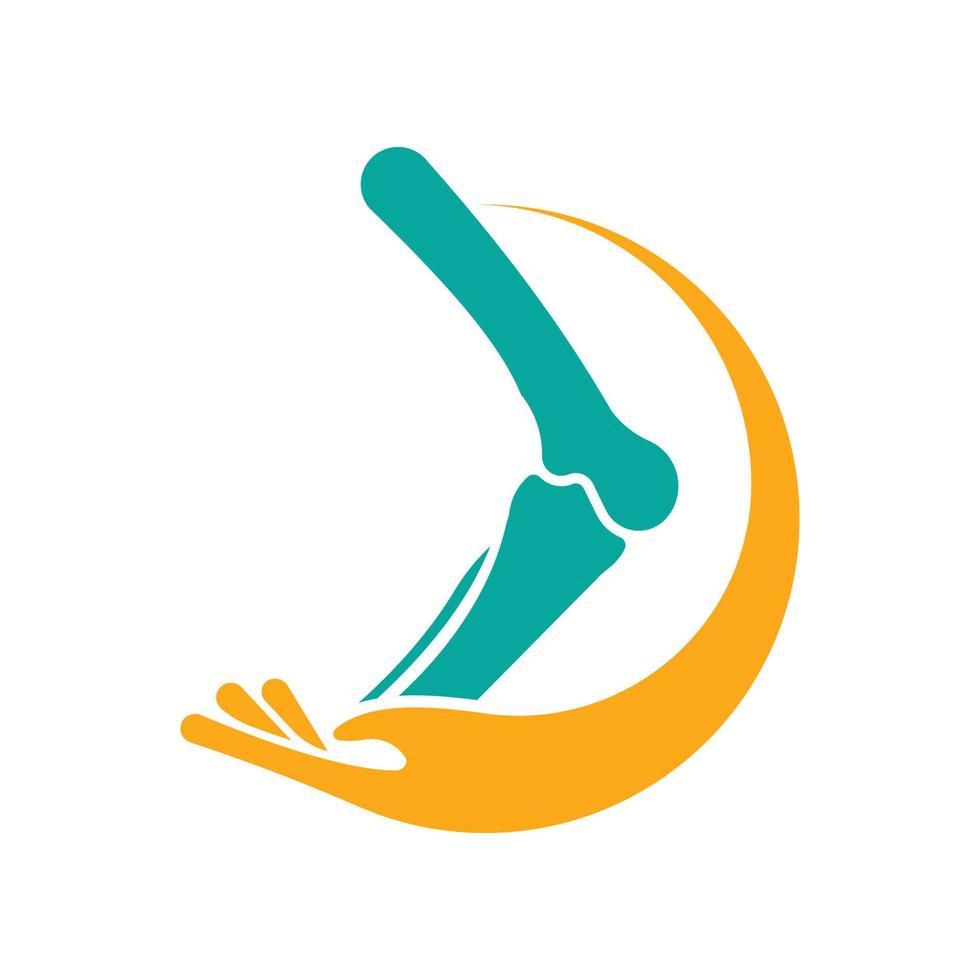+919819996745

This is your website preview.
Currently it only shows your basic business info. Start adding relevant business details such as description, images and products or services to gain your customers attention by using Boost 360 android app / iOS App / web portal.
Description
🏥⚽🏀 Whether you’re an athlete or just active, sports-related injuries can sometimes need surgical repair if rest, rehab, and other treatments don't do the trick. 🏃♂️ What Is Sports Injury Surgery? It refers to any surgical procedure to repair damage caused by athletic activity, including trauma to muscles, ligaments, tendons, cartilage, and bones. 🧩 Common Sports Injuries That May Need Surgery: 1. ACL Tear (Anterior Cruciate Ligament) 💥 Where? Knee 🛠️ Repaired with ACL reconstruction (graft from your own tissue or donor) 🕒 Recovery: ~6–12 months (especially if returning to sports) 2. Meniscus Tear 💥 Where? Knee cartilage 🛠️ May be trimmed (meniscectomy) or repaired depending on tear type and blood supply 🕒 Recovery: 4–12 weeks 3. Rotator Cuff Tear 💥 Where? Shoulder 🛠️ Tendons reattached to bone 🕒 Recovery: 4–6 months with physical therapy 4. Labral Tear (Shoulder or Hip) 💥 Involves the cartilage rim around the socket 🛠️ Often repaired via arthroscopy 🕒 Recovery: 3–6 months 5. Achilles Tendon Rupture 💥 Back of the ankle 🛠️ Tendon stitched back together 🕒 Recovery: ~6 months or longer 6. Fractures 💥 Common in high-impact sports 🛠️ Fixed with screws, plates, or rods (ORIF) 🕒 Depends on the bone — usually 6–12 weeks 7. Dislocations (Shoulder, Knee Cap, etc.) 💥 Often recurrent in sports 🛠️ Ligament tightening or repair surgery to stabilize the joint 🕒 Recovery varies widely 🔍 How Surgery Is Performed: Most sports surgeries today are minimally invasive (arthroscopic) — small cuts, a camera, and fine instruments. Benefits include: Less pain Shorter hospital stay Faster return to activities 🏋️♀️ Recovery & Rehab: Physical therapy is everything — to restore strength, motion, and coordination Avoid rushing back — returning too early raises risk of re-injury Nutrition, sleep, and mental health also play huge roles ⚠️ Risks: Infection Stiffness or scar tissue Re-tearing the repaired structure Nerve damage (rare) Not regaining full pre-injury performance 🧠 Quick Tips for Athletes: Get a second opinion before surgery, especially if you're a competitive athlete Make sure your surgeon specializes in sports medicine Ask about return-to-play timelines and rehab expectations Prevent future injuries with proper technique, strength training, and rest

